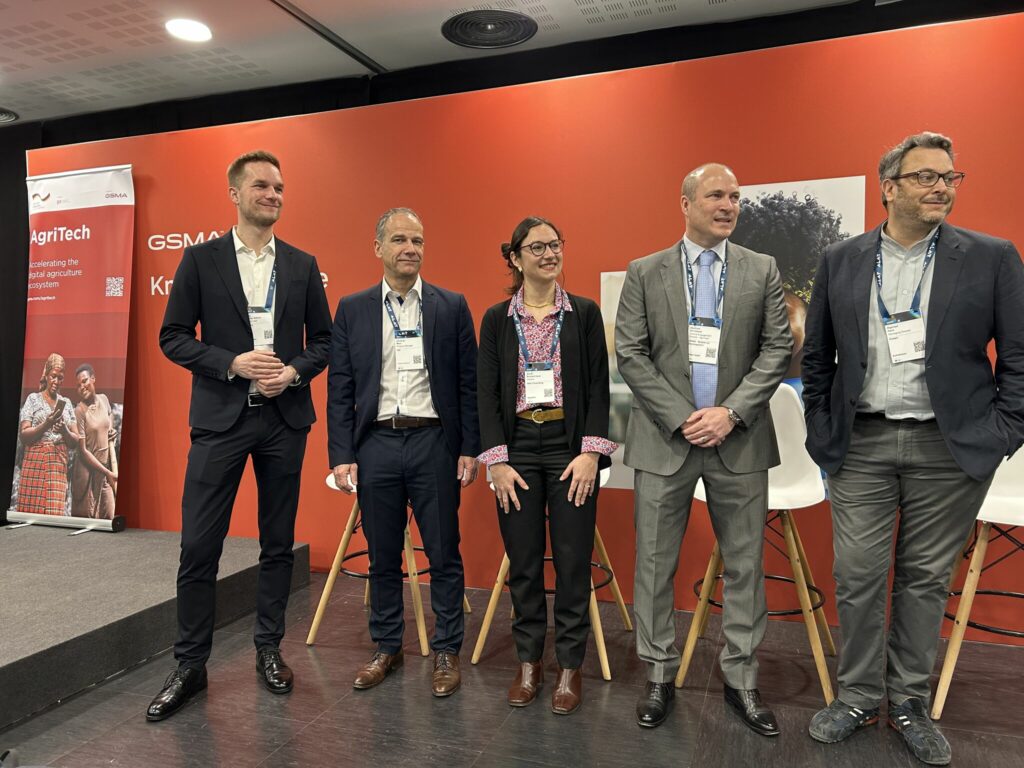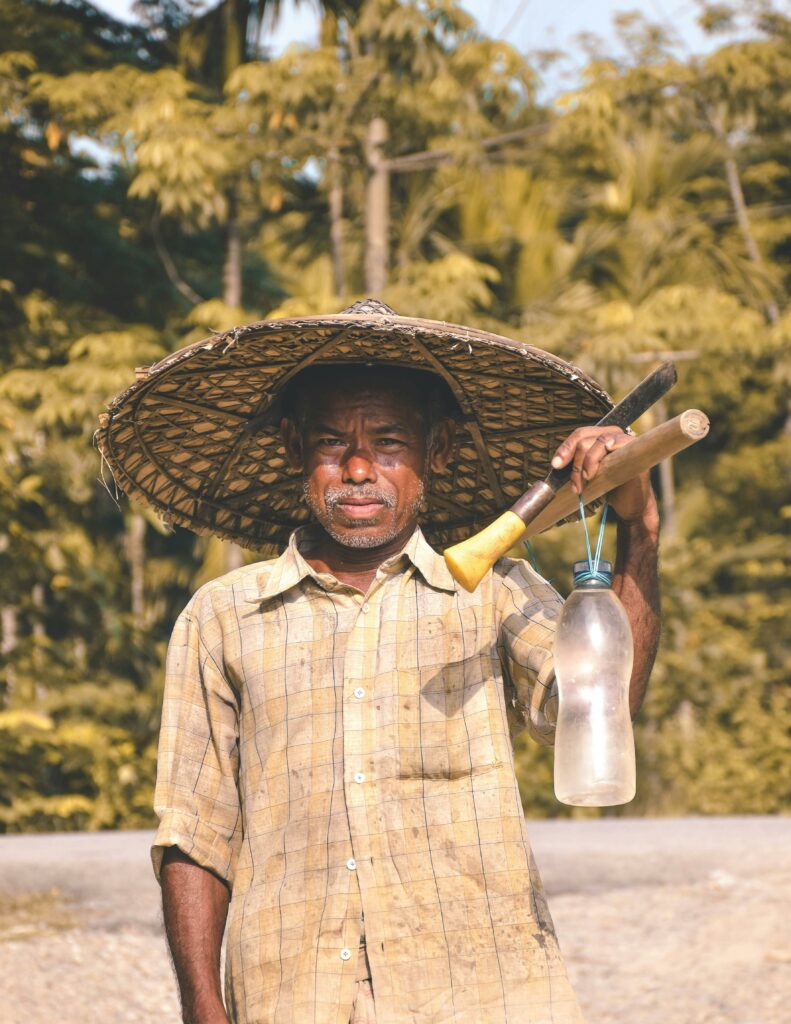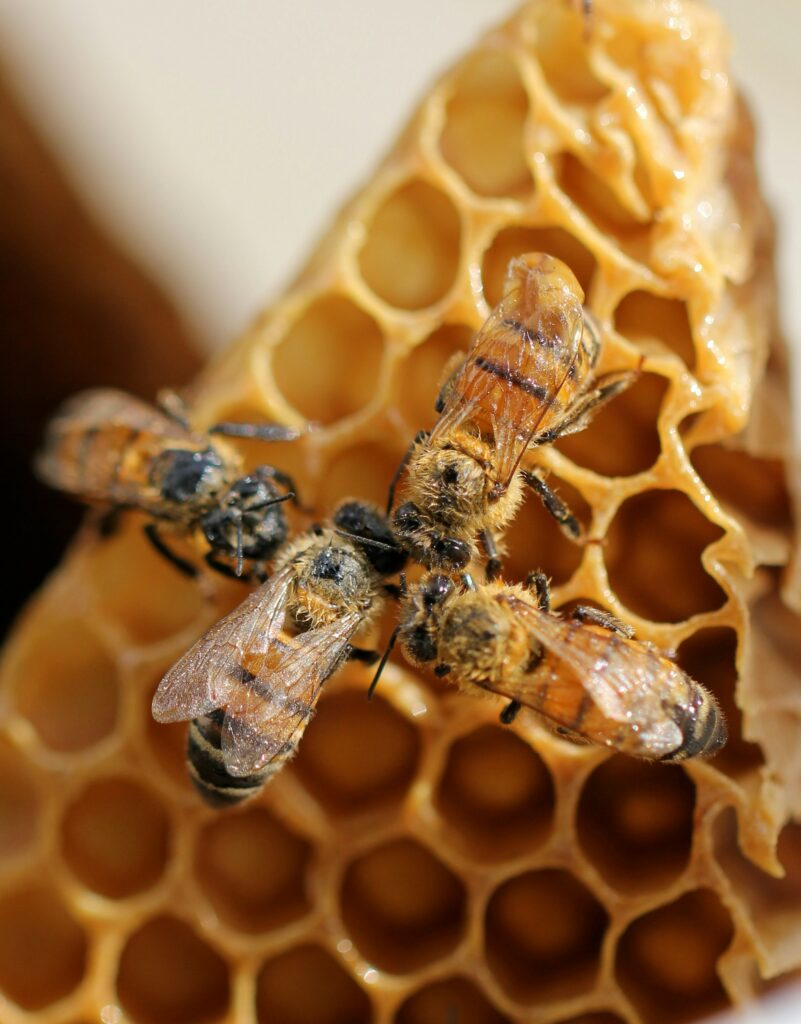World Inequality Report 2026 reveals stark divides in wealth, climate impact, and opportunity—with profound implications for corporate sustainability strategy and ESG compliance.
Category Archives: Inclusion
Discover how climate change impacts women worldwide. Explore the hidden gender inequalities in climate action and pathways to justice.
Ksapa joined MWC 2025 Barcelona panel on digital inclusion, sharing insights connecting underserved rural communities at GSMA’s invitation.
Learn field-tested solutions for community engagement in conflict zones, drawing from Ksapa’s experience in infrastructure, mining.
Discover proven strategies to boost digital tool adoption among smallholder farmers, driving sustainable agriculture and sourcing.
Discover how the NY Declaration on Animal Consciousness is transforming our understanding and approach to animal welfare globally.
The administrative burden is an argument often put forward by companies and MEPs as a reason not to promote CS3D. Is this true?
Insights and suggestions on how to ensure business adopt a robust human rights lens in understanding, addressing and mitigating social issues
Note: this article was originally posted on https://agrilinks.org/post/data-science-approach-process-data-collected-vulnerable-populations This article outlines a data science approach to processing data collected from vulnerable populations, which we employ at Scale Up Training Traceability Impact (SUTTI), an initiative by Ksapa. SUTTI enables the transformation of the first mile of agricultural supply chains. We work with, and for, small farmers […]
Exploring how digital tools can transform agriculture in global south, featuring insights from J-PAL, Tomorrow’s Foundation, Axiata, Ksapa









